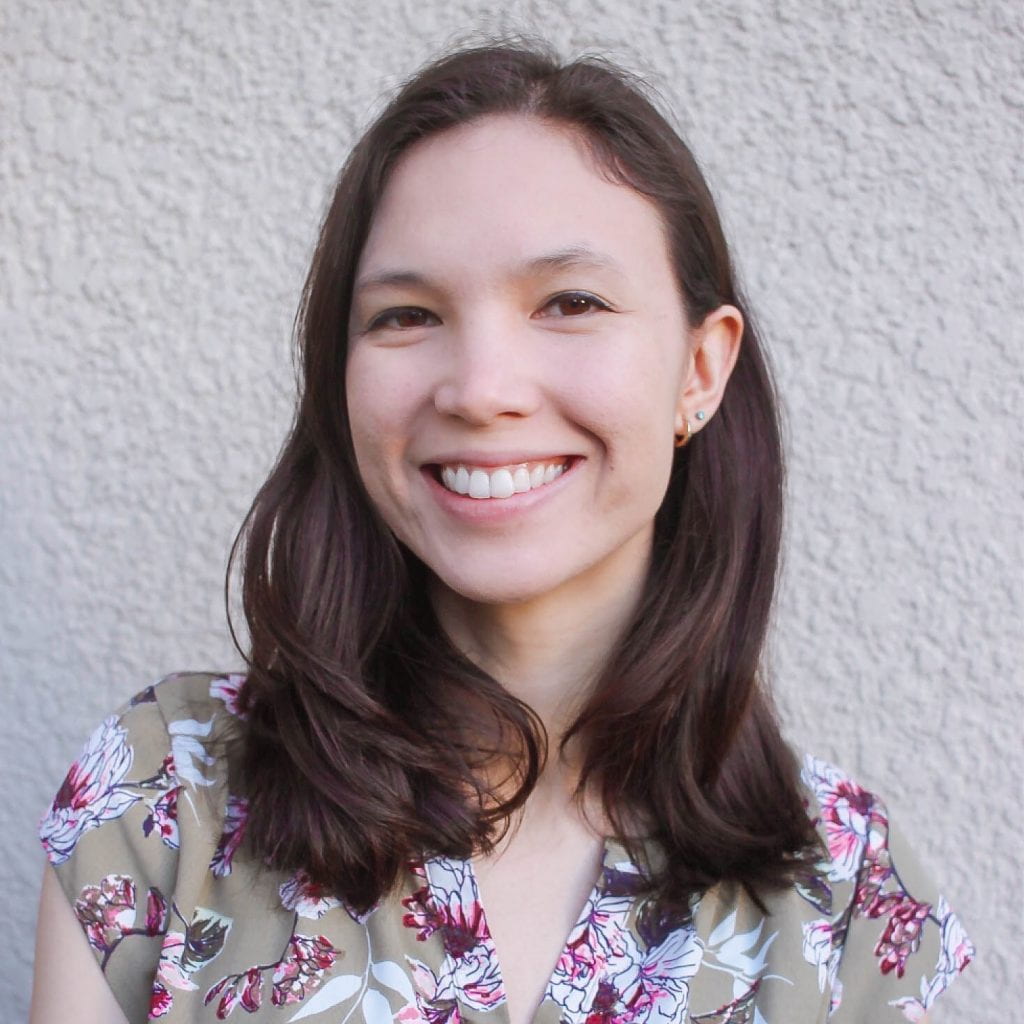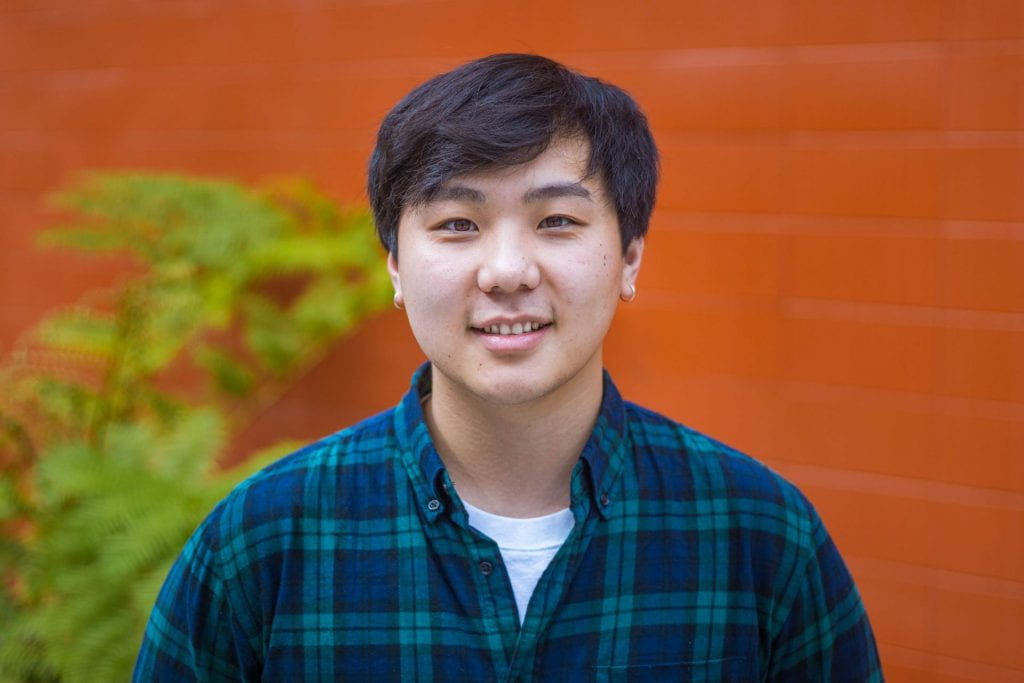The SJSU Lurie College of Education provides a range of grants to students to support their academic endeavors to become transformative educators, counselors, therapists, and leaders. We spoke with SJSU Lurie College of Education Communicative Disorders and Sciences student Grace Shefcik, who has been conducting research on and developed the first questionnaire that assesses non-binary individuals’ self-perception of voice and voice-related concerns for the purposes of speech-language pathology. Listen to Grace’s insights below!
“Many trans people report a desire to modify their voice, and some receive services from a speech-language pathologist, or SLP. During this initial assessment, the SLP will typically have the client report their self-perception of voice and voice-related concerns through a questionnaire measure. There currently exist two questionnaire measures that are widely used for this, but neither of these were developed for non-binary clients, so it would be inappropriate to use them for this population. In my research, I developed and validated the first questionnaire that assesses non-binary individuals’ self-perception of voice and voice-related concerns. I wanted to pursue this research to address a gap in resources available for this population.”

